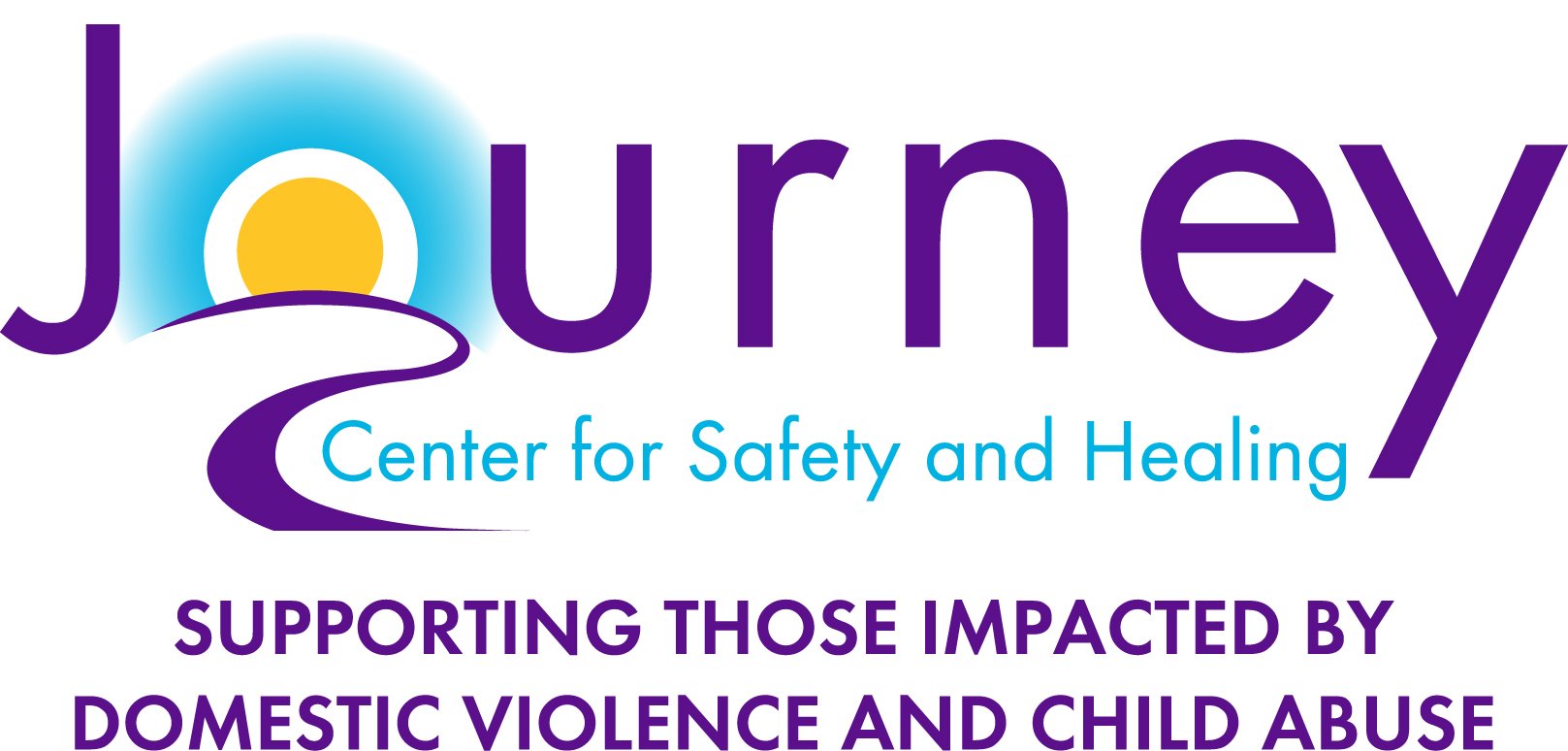Let's Talk: Verbal & Emotional Abuse
As we continue to recognize Teen Dating Violence Awareness Month (TDVAM) throughout February, we’re diving into different forms that abuse can take in relationships. While physical violence may be more visible and recognizable, verbal and emotional abuse can be just as damaging, leaving emotional trauma that can affect a person long after the relationship has ended.
Verbal and emotional abuse includes a range of non-physical behaviors that an abusive partner uses to manipulate or control you. This can include insults, threats, constant criticism, or belittling comments that aim to damage your self-esteem and sense of self-worth. The intention behind these actions is to gain power and control over you, often instilling a sense of fear.
It can be challenging to recognize verbal and emotional abuse, especially when it often starts subtly and escalates over time. Here are some common signs to look out for:
Putting You Down: This includes name-calling and constant criticism.
Controlling Your Choices: This could be telling you what to wear, who you can talk to, or where you can go.
Yelling and Screaming: These outbursts create a climate of fear and intimidation.
Public Humiliation: This includes intentionally embarrassing you in front of others or spreading rumors about you.
Blaming You: An abuser might try to deflect responsibility for their actions and blame you for their abusive or unhealthy behavior.
Stalking: This could involve constant unwanted calls, texts, showing up where you are, or tracking your location, even online.
Jealousy and Accusations: Being overly jealous of your other relationships or constantly accusing you of cheating.
Threats: Threatening to harm you, your pets, or people you care about to create a climate of fear or threatening to harm themselves to keep you from ending the relationship.
Exposing Personal Details: Threatening to share private information about you to control and frighten you.
Damaging Property: This can be a way to show you they have power and to control you through fear and intimidation.
If you suspect you are experiencing verbal or emotional abuse, it’s essential to recognize that you are not alone, and you deserve to feel safe and respected in your relationships.
As we reflect on the realities of verbal and emotional abuse, it’s crucial to remember that awareness is the first step toward change. By understanding the signs and recognizing that these behaviors are never acceptable, we can encourage ourselves and others to seek help and support.
Important Things to Remember:
Verbal and emotional abuse is never okay.
Abuse is never your fault.
Here are some steps you can take:
Reach Out for Help: Talk to someone you trust, whether it’s a friend, family member, or counselor.
Educate Yourself: Learn more about the dynamics of abusive relationships. Understanding that these behaviors are not your fault,.
Create a Safety Plan: If you’re considering leaving an abusive relationship, develop a plan that includes ways to protect yourself physically and emotionally.
If you or someone you care about is facing the challenges of verbal or emotional abuse, don’t hesitate to reach out for help. Our 24-Hour Helpline is always available. Call or text our 24-Hour Helpline: 216.391.4357 (HELP) or live chat.
